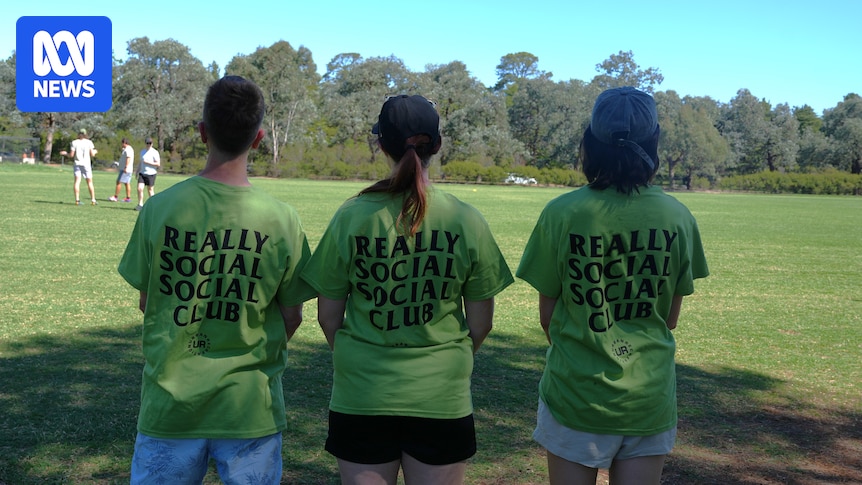
During the pandemic, Lily Grimley joined a social netball team to stay active, seeking a fun, casual environment. However, her experience quickly turned sour when an unexpected confrontation unfolded on the court. “A few of the girls [on my team] didn’t know the rules, and some of the members on the other team were quite competitive and got a bit annoyed about us not knowing the rules,” Grimley recounted. “She actually tried to grab at my throat and really start a fight, she was pushing and shoving and yelling at us and became really aggressive.”
Grimley described the behavior as unacceptable, noting it “took everybody by surprise and really ended up ruining the game and, to be honest, the rest of the season.” Disheartened by the incident, she decided not to return to that competition and eventually left other leagues as well due to their competitive nature. “I was really just after a more social aspect of the sport to enjoy after work with friends and just have a laugh,” she explained.
Social Sports: A Shift from Fun to Fierce
Grimley’s experience is not isolated. Increasing competitiveness in social sports leagues is becoming a barrier to participation for many adults, particularly women. According to the Australian Institute of Health and Welfare, approximately 37 percent of adults aged 18 to 64 are insufficiently active, with the competitive atmosphere in social sports being a contributing factor.
Sports Science Professor Rochelle Eime from Federation University highlights the diverse motivations behind sports participation. “We do see some people that take sport more seriously than others, and particularly sometimes it’s the men and in mixed gendered sports that think winning is so important,” Professor Eime said. “The number one reason why people play sport is for fun and enjoyment, and what’s fun for you might be different than what’s fun for me.”
“The main motivation of why adults play sport, particularly women, is not necessarily winning.”
Fostering a Positive Sporting Environment
Recognizing the need for a more inclusive and enjoyable environment, Canberra’s Urban Rec has taken steps to ensure its leagues remain strictly social. League manager David Perez Zamora explained their innovative approach: “We do this thing called ‘fun points’ where you get to rate how fun the opposition is, and it really does change the way that the game is being played.”
Urban Rec’s unique rules, including a ‘player of the match’ award and an ‘acknowledge coach call’ system, aim to reduce intensity and promote positive interactions. “Everyone wants to win our fun points prize at the end of the season,” Perez Zamora noted. These measures have contributed to the league’s significant growth, doubling in size over three years.
“When I first started we had about 200 teams in the season, and we’re just shy of 400 at the moment.”
Addressing Competitive Behavior
For players like Grimley, addressing competitive behavior is crucial to maintaining engagement in social sports. “I don’t really think that the competition I was in did enough to address the issue, there were really no consequences for the other member,” she said. The lack of action can alienate participants seeking a safe and enjoyable experience.
Social sports are intended to foster a sense of community and belonging, where individuals can feel safe and happy. Without addressing competitive behavior, the very essence of social sports is threatened, potentially pushing out those who simply want to play for fun.
As leagues like Urban Rec demonstrate, implementing structured yet flexible rules can help preserve the social aspect of sports, ensuring that everyone, regardless of skill level, can participate and enjoy the game.





